What is Gastric Bypass?
Gastric bypass is a surgical procedure often used by people who are overweight or obese to lose weight.. In this procedure, the stomach is divided into several smaller portions and a portion is bypassed, creating a smaller stomach pouch.. This small stomach pouch is then attached to a part of the small intestine, allowing food to bypass most of the stomach and pass through the digestive system.
Gastric bypass not only provides weight loss but is also used to treat other obesity-related health problems.. For example, conditions such as type 2 diabetes, high blood pressure, sleep apnea, and certain heart diseases may also improve after gastric bypass surgery.
The effects of this procedure are different for each patient. However, patients usually begin to lose weight within the first few weeks after surgery. Afterwards, the rate of weight loss slows down and reaches a steady level. Gastric bypass surgery requires a major change in lifestyle as patients need to change their diet. After surgery, patients should eat small meals and eat more often. It is also recommended that they eat fibrous foods and drink plenty of water.
However, gastric bypass surgery is also a risky procedure and can have serious side effects.. Some patients may experience problems such as malnutrition, infection, bleeding, intestinal obstruction or stomach ulcers after surgery. Post-operative follow-up and making lifestyle changes can help patients achieve long-term success.
Types of Gastric Bypass Surgery
Gastric bypass surgery is a surgical method used in the treatment of obesity. The main purpose of this surgery is to help the person eat less food by reducing stomach capacity and therefore lose more weight. In addition, surgery can also help control type 2 diabetes by reducing insulin resistance, lower high blood pressure, and treat other obesity-related health problems such as sleep apnea.
There are two main types of gastric bypass surgery: Roux-en-Y gastric bypass and biliopancreatic diversion.. Roux-en-Y gastric bypass is done by transforming the upper part of the stomach into a small pouch and connecting this pouch to a part of the small intestine. In this method, food flows directly from the stomach pouch to the lower part of the small intestine, thus allowing one part to be digested while the other part is bypassed.
Biliopancreatic diversion is a more radical method and is performed by bypassing a large part of the stomach. In this method, only a small part of the stomach is preserved and the rest is directly connected to the intestine.. In this way, only a small portion of the food is digested while the rest is excreted.
Both methods give different results. Biliopancreatic diversion may result in greater weight loss, while Roux-en-Y gastric bypass carries less risk. However, both methods involve serious risks, and the decision of these surgeries is a joint decision of the doctor and the patient.
There are many different methods by which gastric bypass surgery is performed. For example, laparoscopic gastric bypass is surgery done through small incisions using a special camera and surgical instruments. This method is less invasive than traditional open surgeries and has a faster recovery time.
Another method is single-incision gastric bypass.. In this method, the surgery is done through only one incision, thus shortening the recovery time of the patients. However, this method is not yet as common as traditional methods and is applied in a limited number of surgical centers.
What is Laparoscopic Gastric Bypass Surgery?
Laparoscopic gastric bypass surgery is a minimally invasive surgical procedure used for the treatment of obesity. This surgery is the laparoscopic application of the Roux-en-Y gastric bypass method.. Laparoscopic gastric bypass surgery is less invasive, requires a shorter recovery time, and causes less post-operative pain compared to open surgery.
Laparoscopic gastric bypass surgery is usually performed under general anesthesia. During surgery, the doctor uses a laparoscope and other surgical instruments by making small incisions. The laparoscope is a tube containing the camera and light and projects images inside the surgical field onto a monitor. In this way, the doctor gets a better image during the surgery and can work more precisely.
During laparoscopic gastric bypass surgery, the stomach is converted into a small pouch that is attached to part of the small intestine. In this way, some of the food is bypassed and only a small part is digested. This procedureIt reduces stomach volume, allows less food to be consumed and helps weight loss.
After laparoscopic gastric bypass surgery, patients usually stay in the hospital for a few days and can return to their normal daily activities within a few weeks. Diet and lifestyle changes after surgery help patients lose weight and treat obesity-related health problems.
Because laparoscopic gastric bypass surgery is less invasive compared to open surgery, it provides less postoperative pain, less blood loss, shorter hospital stay, and faster recovery time for patients. Moreover, laparoscopic gastric bypass surgery causes fewer complications than other surgical methods.
However, laparoscopic gastric bypass surgery also has some disadvantages. This surgery may take more time and be technically more difficult than open surgery. In addition, laparoscopic gastric bypass surgery requires expertise and the cost of surgical equipment may be higher.
Laparoscopic gastric bypass surgery is one of the most common minimally invasive surgical methods used for the treatment of obesity. However, it may not be suitable for every patient and a detailed evaluation should be made before surgery. For this reason, it is important for patients to talk to their doctor before deciding on surgery.
Who Should Not Have Gastric Bypass?
Gastric bypass surgery may not be for everyone. Before having gastric bypass surgery, the following conditions should be considered:
• People who have had stomach or intestinal surgery in the past
• Those with diseases related to the stomach and intestinal system (ulcerative colitis, Crohn's disease, etc.)
• Those with serious psychiatric problems (depression, bipolar disorder, anxiety, etc.)
• Those who are pregnant or breastfeeding
• Those with alcohol or drug addiction
What are the Advantages of Gastric Bypass Surgery?
Lifetime extender Cheats: Gastric bypass surgery plays an important role in preventing serious health problems in overweight people. Weight loss after gastric bypass surgery helps reduce the risk of type 2 diabetes, high blood pressure, and cardiovascular disease. This helps to prolong the life expectancy of patients.
Fast Kilo Loss: After gastric bypass surgery, patients lose weight faster than other weight loss methods. Within the first six months, most patients lose 30 to 40 percent of their weight.
Obesity Related Health of your problems Improving: Gastric bypass surgery can be helpful in curing various health problems caused by obesity. For example, the majority of type 2 diabetes patients will have normal blood sugar levels after gastric bypass surgery. Other obesity-related health problems, such as high blood pressure, sleep apnea, asthma, and reflux, also often improve after surgery.
Psychological As Healer Cheats: After gastric bypass surgery, patients' self-confidence increases and their quality of life improves. They can also adopt a more active lifestyle after surgery.
Medicine From your addiction Escape: Gastric bypass surgery can help patients recover from their addiction to drugs used to treat obesity-related health problems.
Uzun Serious Cheats: Gastric bypass surgery helps maintain weight loss in the long run. Most patients maintain the weight they lost within 5 years after surgery.
The advantages of gastric bypass surgery are not limited to these, but the advantages and disadvantages may be different for each patient.
How Do You Prepare for Gastric Bypass Surgery?
Gastric bypass surgery is a serious operation and it is necessary to prepare before the operation. Things to do to prepare for gastric bypass surgery:
Doctor appointment: Those who want to have gastric bypass surgery should first make a doctor's appointment. The doctor will determine the suitability for surgery by examining the patient's medical history and current state of health.
Changing eating habits: Eating habits will change after gastric bypass surgery. Therefore, before surgery, it is recommended that patients gradually switch to foods containing fewer calories and reduce the amount of food.
Quitting smoking and alcohol use: Smoking and alcohol use may adversely affect the post-operative healing process. Therefore, smoking and alcohol use should be stopped before the operation.
Workout planner yapmak: Exercising before surgery prepares the body for post-operative recovery. Also, exercise can help speed up the weight loss process.
Medicines ve supplements: Before gastric bypass surgery, medications and supplements used by patients should be shared with the doctor. Some medications and supplements can increase the risk of bleeding after surgery or impair healing. Therefore, drugs or supplements should not be used without the approval of the doctor.
Post-operative arrangements: After gastric bypass surgery, patients may need to make some arrangements to recover at home. For example, arrangements can be made for patients to rest in a comfortable bed at home, or to settle in a room on the first floor if it is difficult to use the stairs at home.
What will the post-operative nutrition be like?
The nutrition plan after gastric bypass surgery is very important as it changes the functioning of your digestive system. Therefore, you need to carefully prepare your post-operative nutrition plan. Tips on post-surgery nutrition:
Adopt a protein-heavy diet: It is important to increase protein consumption in the period after gastric bypass surgery. This helps you maintain your muscle mass and your body's healing process. Eat protein-rich foods such as chicken, fish, turkey, eggs, soy, beans and legumes.
Consume food slowly: After the surgery, your stomach volume will decrease considerably. Therefore, it is important to consume food slowly and chew it well. Eating fast food can lead to stomach upset, vomiting and other digestive problems.
Watch your fluid intake: After surgery, fluid intake is important. However, you need to consume liquids slowly and in small sips. Also, be careful not to eat with liquids. This can cause food to be more difficult to digest and cause stomach upset.
Consume vegetables and fruits: After gastric bypass surgery, consumption of vegetables and fruits is important to prevent vitamin and mineral deficiencies. However, it may be easier for you to eat vegetables and fruits pureed or pureed.
Consult your dietitian: It is recommended to consult a dietitian when determining your postoperative nutrition plan. Your dietitian can prepare a nutritional plan for you and recommend supplements to prevent vitamin, mineral, protein and other nutrient deficiencies.
start feeding slowly: After the surgery, you need to start feeding again gradually. Initially, you may only need to consume liquid foods. Afterwards, you can start consuming pureed and soft foods. However, be sure to discuss your nutrition plan with your doctor or dietitian.
Average Prices of Gastric Bypass in Turkey
Gastric bypass surgery prices in Turkey vary widely and depend on many factors.. These factors include the location of the hospital, the experience of the doctor, the method of the surgery and the postoperative follow-up.
However, gastric bypass surgery prices in Turkey are generally more economical than in other countries. This makes Turkey an ideal option for gastric bypass surgery for many patients.
One of the most important factors in determining the prices is the location of the hospital where the surgery will be performed. In particular, the prices of surgeries performed in private hospitals in big cities may be higher than in hospitals in smaller cities.
The experience of the doctor can also be effective in determining the prices. An experienced doctor can help make the surgery more successful, but this experience often comes at a higher price.
The method of the surgery is also an important factor that determines the prices. Some hospitals may charge higher prices for closed-method surgeries. However, surgeries performed with the open method are usually more affordable.
Finally, post-operative follow-up is also a factor that determines prices. Some hospitals charge additional fees for post-operative follow-up services, while others offer this service as part of the surgery price.. Gastric bypass surgery prices in hospitals in Turkey start from 2999 € on average.
You can benefit from the privileges by contacting us.
• 100% Best price guarantee
• You will not encounter hidden payments.
• Free transfer to airport, hotel or hospital
• Accommodation is included in the package prices.

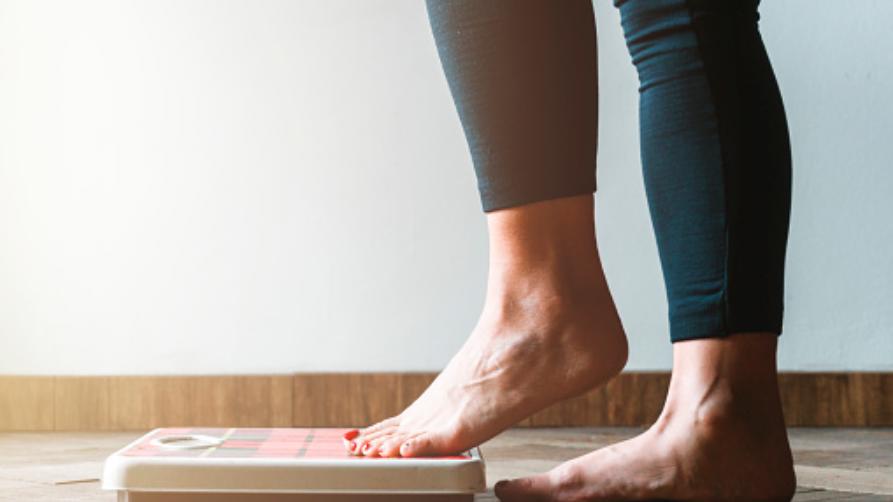


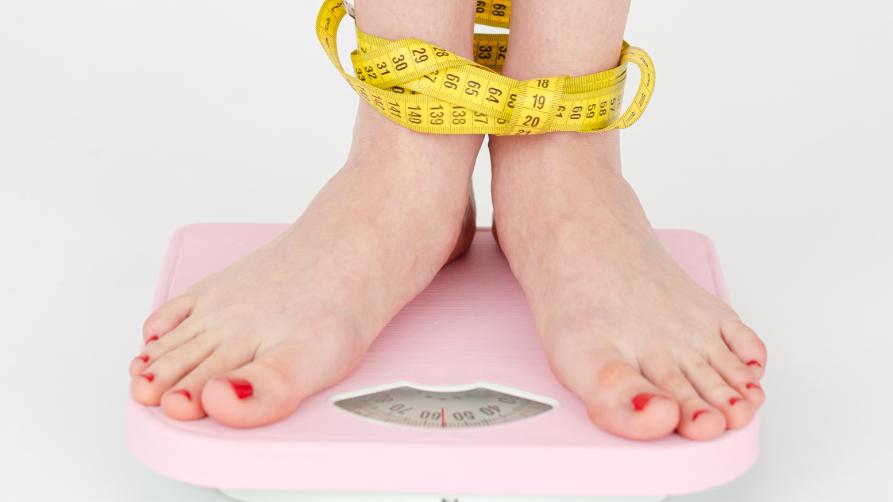
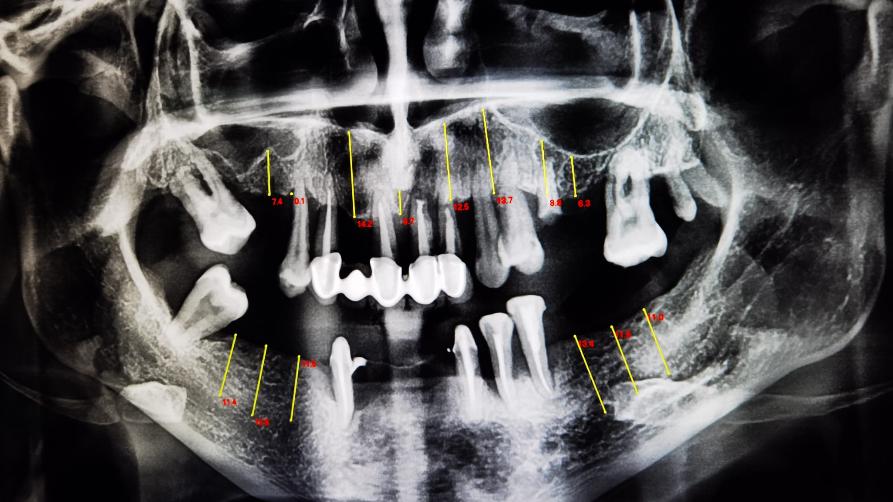
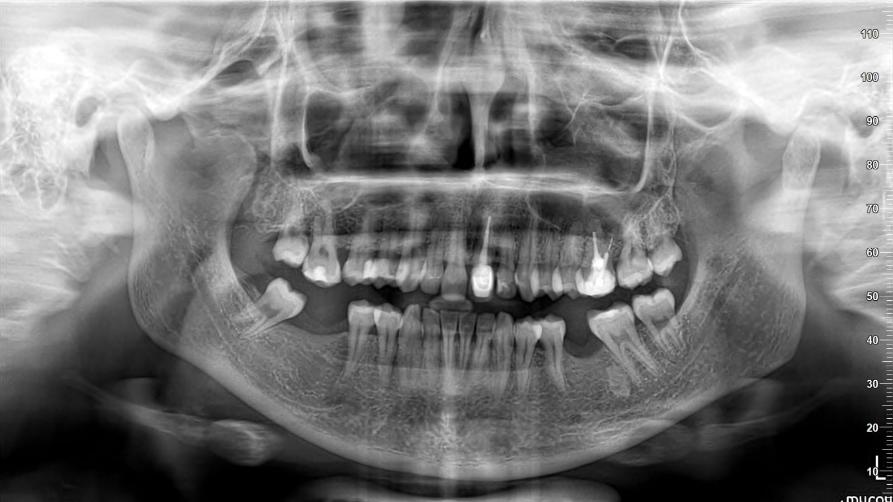
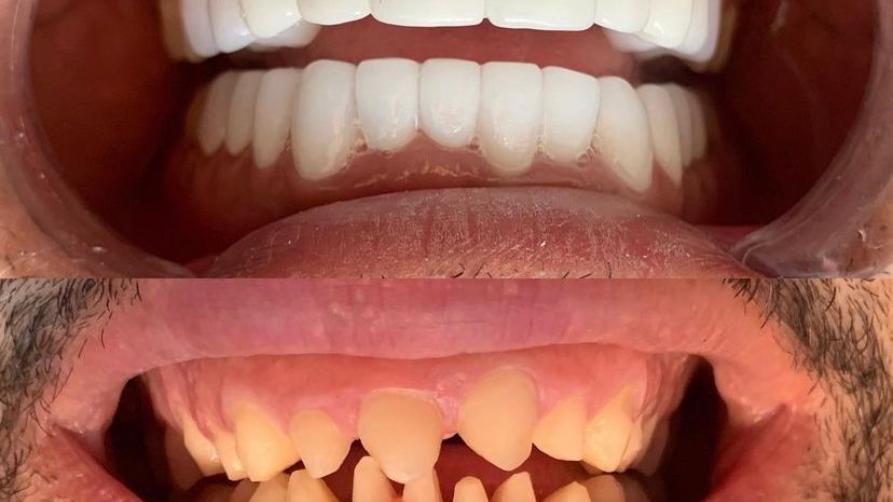

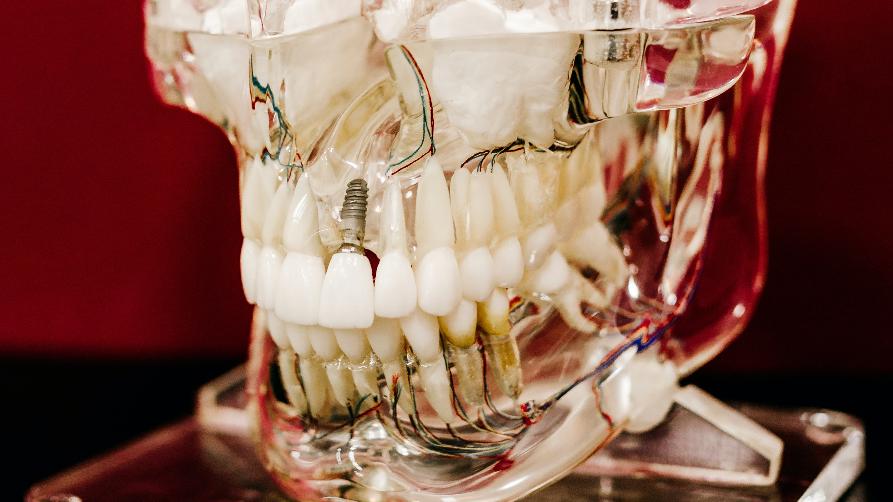
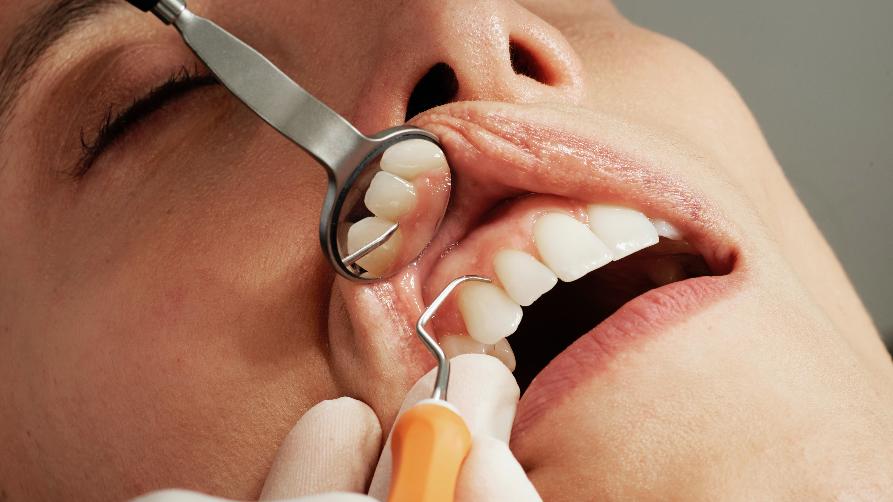
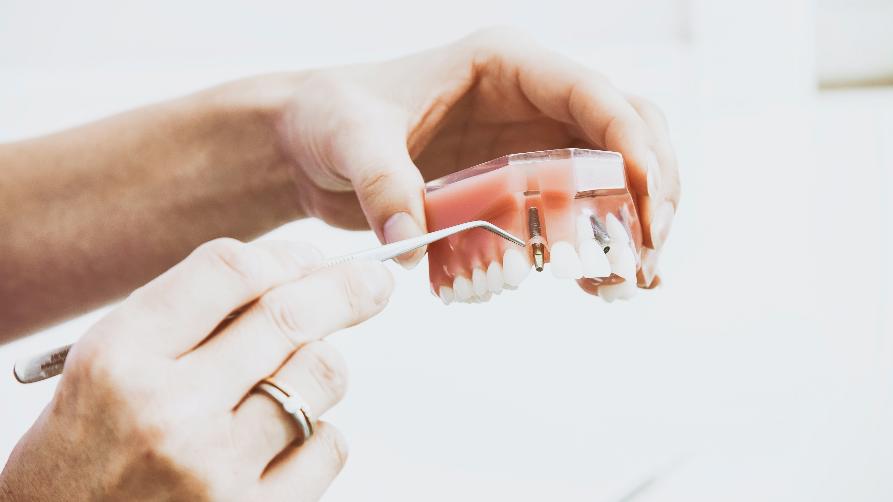
Leave a Comment